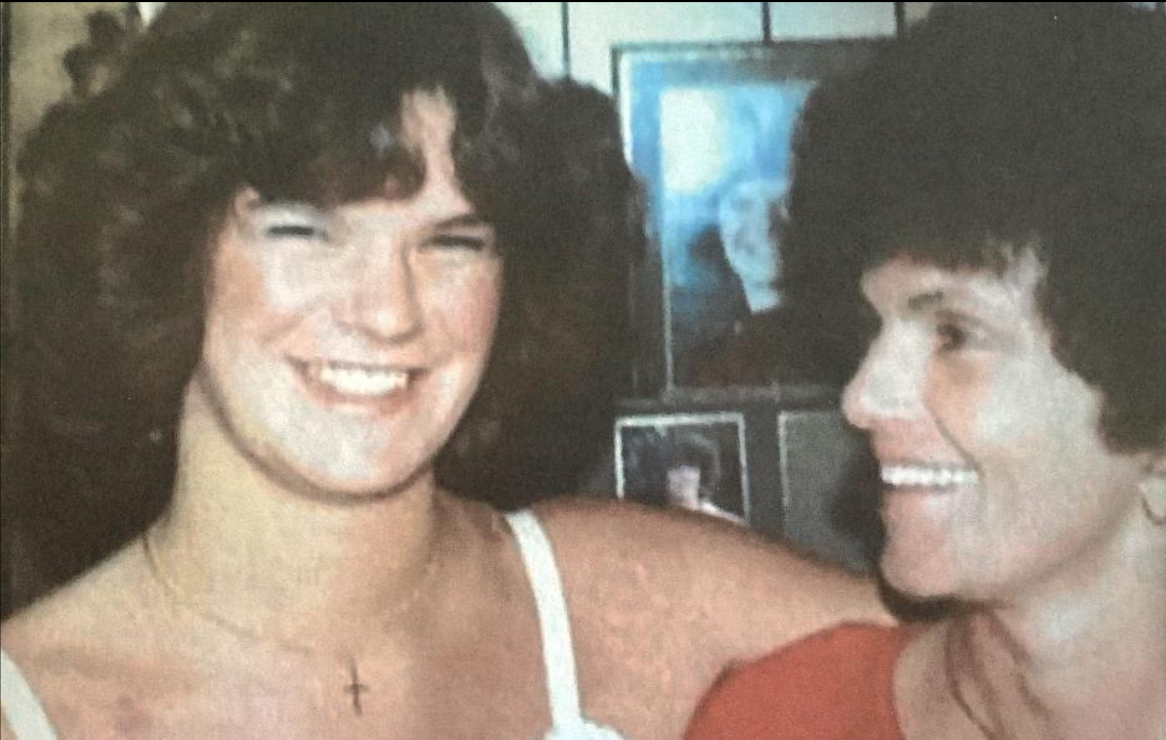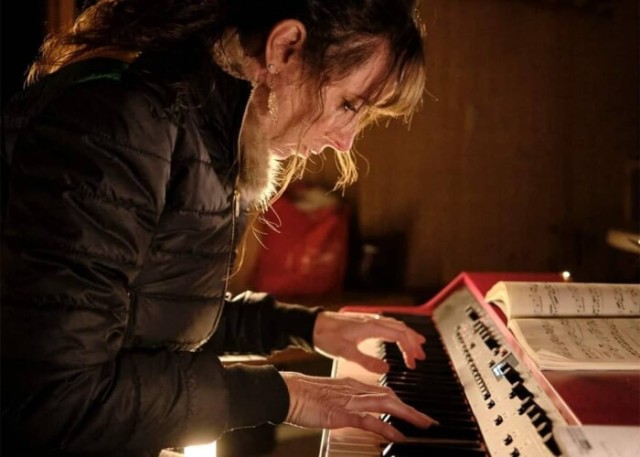Column: Redmond event illustrates living in poverty
Published 4:45 am Tuesday, May 24, 2022

- Tim Trainor
A couple dozen Redmond residents stepped into new shoes on Friday morning at Mountainview Fellowship Church.
Trending
For many of us, the shoes proved hard to walk in.
The gathering was part of poverty simulation created by Rogue Retreat, a service provider out of Medford. The goal was to open the eyes of middle- and upper-class residents to just how much work it is to be poor and how stressful, confusing and defeating it can feel to do that labor each and every day. We also learned to worry about that Sword of Damocles just overhead — the littlest bit of bad luck can cause you to spiral off down dangerous paths.
We all lived through four 15-minute “weeks,” during which we tried to stay afloat amid the economic and social turmoil that surrounded us.
Trending
I took on the character of “Al,” who was better off than some of the other stories in the simulation. Al had a college degree, a wife and three children and house where they could all live. But Al had recently been laid off, and his high-school aged daughter had become pregnant. Paying the mortgage got difficult quick — and the previously comfortable family had to figure out what services were available to them and how they could navigate this difficult time while not going too far into debt or surrendering their assets.
My lovely wife was played by Louise Kaplan, who continued to earn money while our children went off to school. For a while, we seemed ok. There was a little bit in the savings account that kept us up-to-date on our mortgage, and I got help paying for utilities and groceries.
But the additional stresses quickly overwhelmed our fictional family. Having to navigate the social services system made Louise late for work and she lost her job, too. I tried for some entry-level jobs but was told I was “overqualified.” Our daughter had no way to earn income, as long as we wanted to keep her in school and on a career path that would give her a chance in life. Our savings quickly evaporated and the family was forced to make tough decisions like selling the car, our only reliable transportation. We didn’t tackle mounting credit card debt and student loan payments. Our focus was only on getting through the month, even though we knew that would make for more difficult decisions down the road. We found no time to be long-term thinkers when immediate bills overwhelmed our income.
Others had even more difficult characters to inhabit. Some had just got out of jail and were locked out of employment opportunities while all sorts of bad influences sauntered around them. Women with young children may have had the most complications to manage — transportation concerns were a mess when you had to go multiple places with multiple people. And then there was the daily math required to figure out whether it was worth it to leave and pay someone to watch the kids or stay home and reduce expenses.
We also made cruel and ethically dubious decisions. A friend of our daughter was evicted and needed a place to stay — she was living on the street. We had a couch, surely, but outright refused to consider it. We were so worried about our own troubles that we couldn’t think about others who were even worse off. I traded our food stamps card for cash when we had some extra money on it at the end of the week. It was clearly wrong, but still it seemed like the best of bad options.
It was exhausting. And that confusion and stress was part of the point. None of us knew where to go and what do to, and so many of the things that dictated our lives were out of our hands. All we could do was stand in lines, count and re-count our dwindling funds, and try avenues for help that quickly became dead ends.
As Central Oregon becomes a more difficult place to make it, exercises like this one can be useful to understand the lives of those on the edge. Some of us may know those struggles like the back of our hands, but for others it’s an eye-opening realization.
And for service providers, the experience was useful, too. Many learned it’s not enough to just fling open the doors and say “I’m here to help!” Instead, they saw the difficulties many clients face in just making it to the door — and how many rules, regulations and obstacles stand between them and a stable life.
— Tim Trainor is editor of the Redmond Spokesman. Contact him at ttrainor@redmondspokesman.com.








